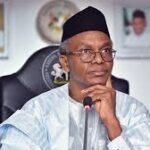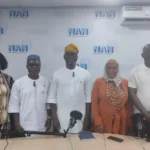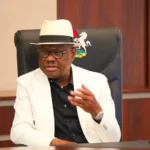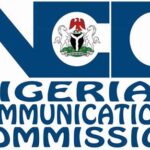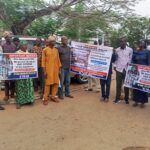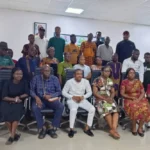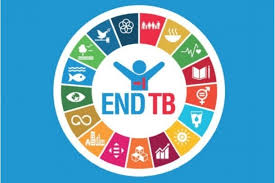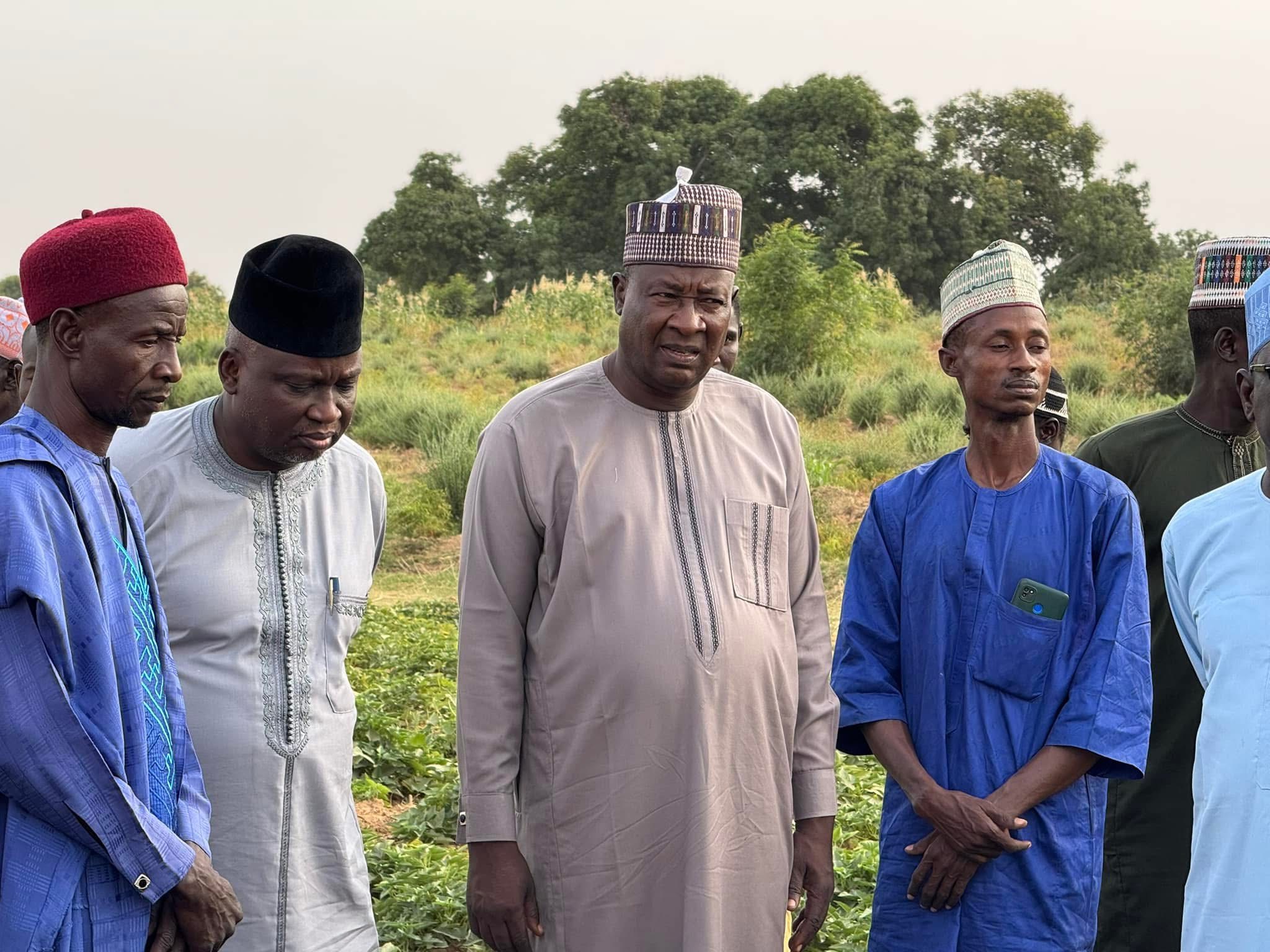High TB mortality in Nigeria: A call to action
By Abujah Racheal, News Agency of Nigeria (NAN) In spite of concerted partnerships to stamp out tuberculosis (TB) in Nigeria, stakeholders are worried it still kills thousands in the country. According to the National Tuberculosis, Leprosy and Buruli Ulcer Control Programme (NTBLCP), the disease, discovered 143 years ago, claims 71,000Continue Reading


